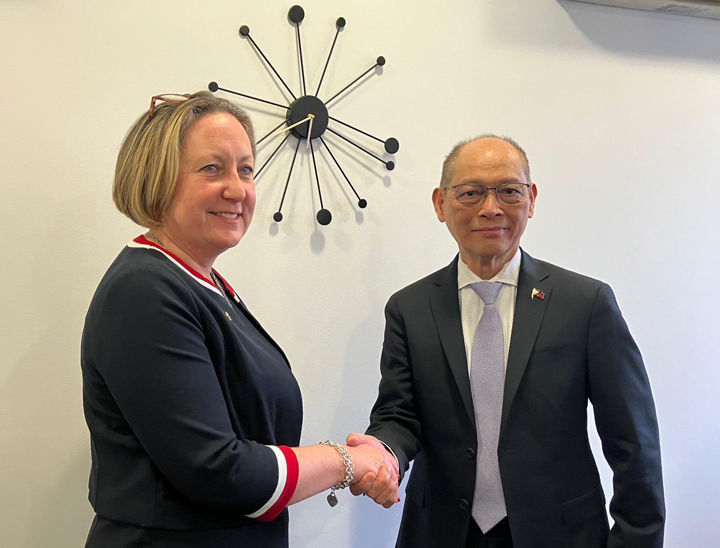IT has been more than 75 years since Kashmir has been bleeding—sacrificed at the altar of inaction from the United Nations (UN) and international community, witnessing India’s jingoistic, egregious and blatant violations of human rights in Indian Illegally Occupied Jammu and Kashmir (IIOJK).
February 5 of each year is marked by every Kashmiri and Pakistani to remind the international community to raise their voices against the ruthless reign of terror inflicted on the Kashmiris, who have been fighting for their “right to self-determination”—a cardinal principle of the UN Charter. The UN Security Council (UNSC) has passed numerous resolutions defining the contours of a just solution.
Per contra, on August 5, 2019, in an alarming upsurge in state terrorism, India not only unilaterally revoked Article 370 and 35-A of its Constitution, but committed demographic apartheid by introducing new domicile rules in a bid to change the disputed region’s demography. Not to mention that it has imposed an unprecedented military siege restricting basic human rights of the Kashmiri people. The manifestation of an exclusionary “Hindutva”-driven ideology by the ruling Bharatiya Janta Party is clear in each and every move of the Indian government.
Indian forces have martyred 96,126 innocent Kashmiris—including 7,262 in custody since January 1989 until September 2022. Total number of arrests made were at an astounding 165,258. Total killings have rendered 22,950 women widowed, and 107,880 children orphaned. Reports say troops gang-raped or molested 11,256 women.
Indian actions in occupied territory have come under criticism in a number of parliaments, global-media outlets and international organizations including the UN, UN Human Rights Council, European Union and Organisation of Islamic Cooperation. UN Human Rights Watch and Amnesty International have published extensive reports on the human-rights violations in IIOJK.
For the sake of peace and stability in the region, India should and must revoke its unilateral, undemocratic and illegal actions taken in IIOJK, and put an immediate stop to furthering and implementing the Rashtriya Swayamsevak Sangh-inspired “Hindutva” agenda.
Sustainable peace in the region is contingent upon the resolution of the Jammu and Kashmir dispute, in line with the relevant UNSC resolutions and the aspirations of the Kashmiri people.
Every Kashmiri on this day hopes that the genocide against its people comes to an end, and the long standing right of self-determination and right of freedom are given to its people.






























